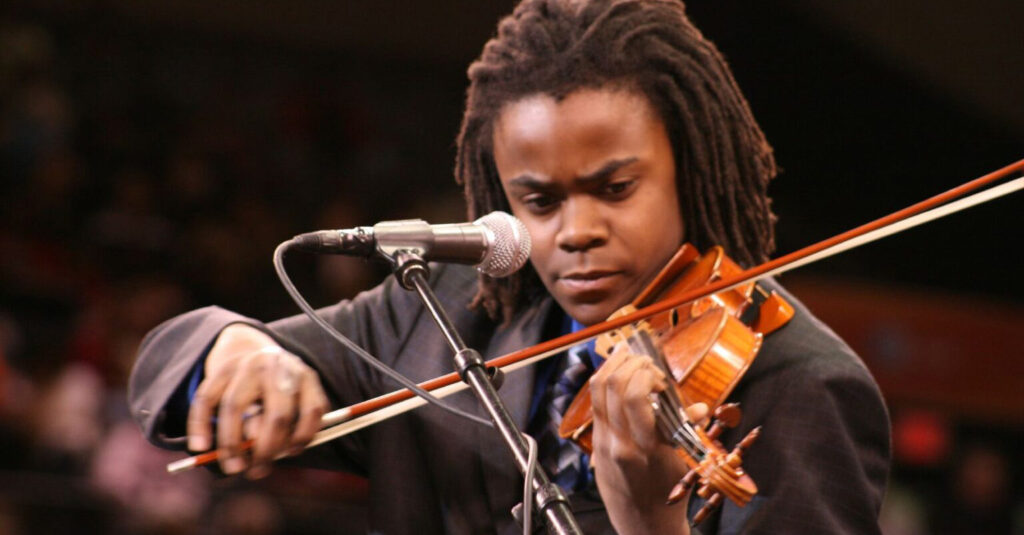The proportion of black players in American orchestras has increased by just 0.6% over the last decade, according to a new report by The League of American Orchestras (LAO).
In the 2022/23 season, the representation of ethnic minorities overall in US orchestras is up to 21%, compared to 14% in 2013/2014. The representation of black musicians, however, has only increased from 1.8% to 2.4% in the same period.
LAO claims the issue of ethnic representation is even worse within “larger budget orchestras”. Simon Woods, CEO of LAO, told Polyphony that “there’s no denying the fact that we, as a field, have to believe [progress] can go faster.”
Woods said the industry now has to focus on three key areas to improve the representation of black classical musicians: “Identifying and overcoming barriers in audition and tenure processes; continuing to improve organisational cultures and eliminate bias; working on pathways for young musicians of colour through the progression from first learning an instrument.”
To address the imbalance further, Woods said classical music should be made more accessible for young players of lower socioeconomic backgrounds. Specifically, LEO is calling for more public funding of the arts through state schools and social programmes.
This year, the UK organisation Black Lives in Music (BLiM) implemented a new, anti-racism code of conduct.
The co-founder of BLiM, Roger Wilson, told Polyphony: “There is still fear and confusion around the subject of positive action and avoiding the pitfalls of positive discrimination. These challenges are not just US focused but here in the UK too.”
“This report is a sobering reminder. Change does take time, but in equal measure, there are endemic problems that continue to stymie the important process of driving change in classical music today.”
“We must continue to use important pieces of research such as the LAO report to remind ourselves of the challenges ahead and of our own personal accountabilities.”

